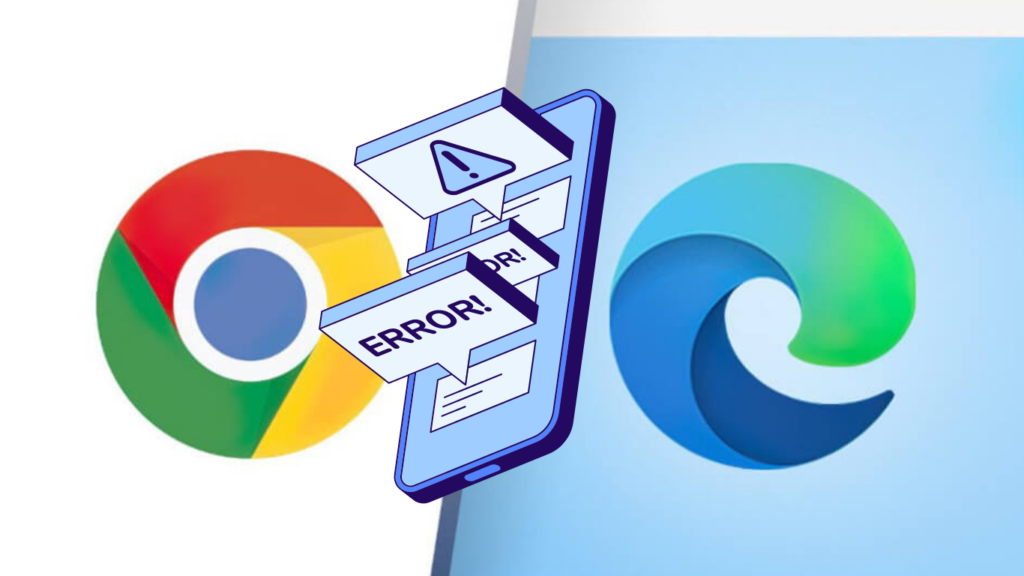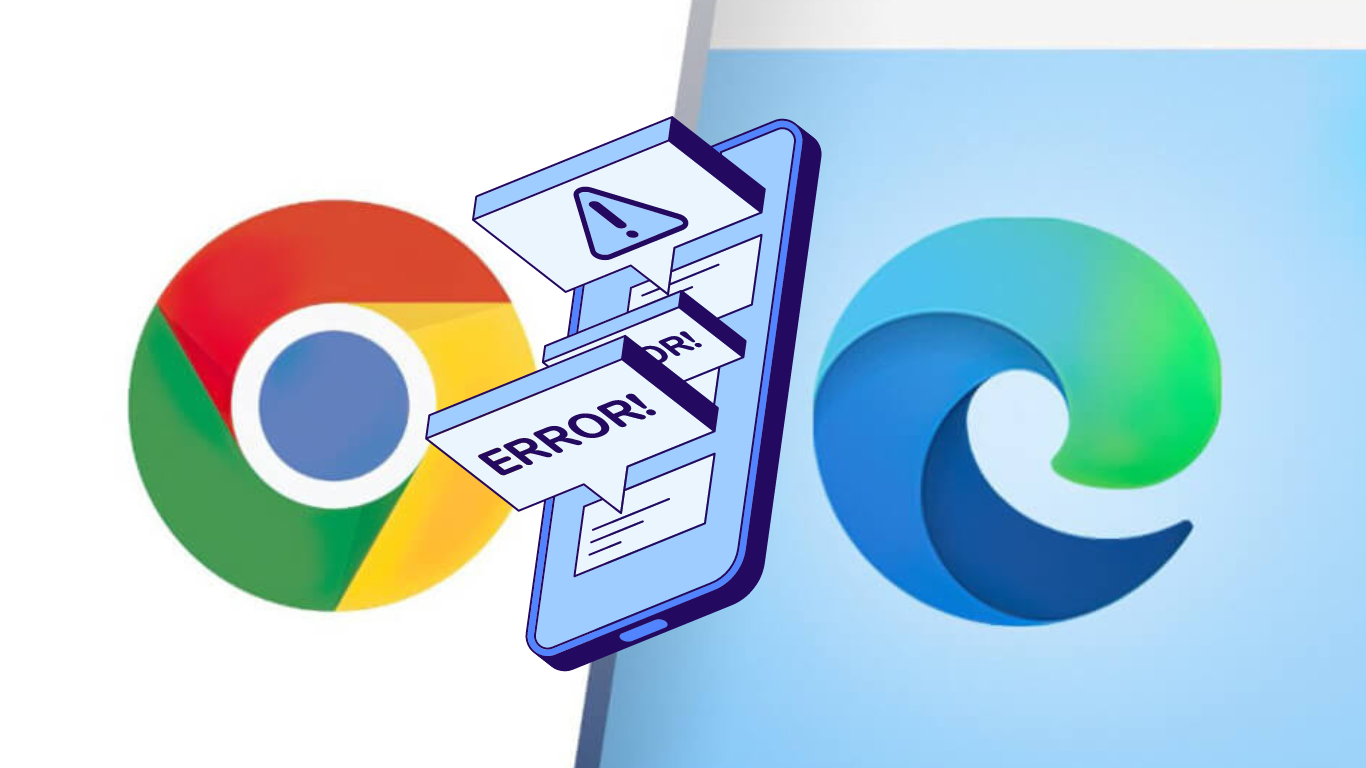The online threat landscape is becoming increasingly complex as cybercriminals devise new strategies to exploit careless users. Despite using digital services with high security standards, many consumers continue to fall victim to these sophisticated malware attacks.

Cybersecurity experts have recently flagged a new, advanced malware that mimics Microsoft and Google Chrome, targeting users of Microsoft devices to steal financial information. Proofpoint, a leading online security firm, has been monitoring this campaign since March. They noted that “cybercriminals are adopting increasingly creative and varied attack methods.”
In June, Proofpoint discovered that the malware had evolved. It now impersonates Microsoft Word and poses as fake browser updates for Chrome, tricking users into downloading harmful files. Once downloaded, the malware executes a delayed Trojan Horse-style attack, accessing cryptocurrencies, sensitive files, and personal data.
This technique was first noticed by researchers in the ClearFake campaign in early April, and it has been seen in every ClearFake campaign since. ClearFake uses fake browser update prompts and phishing emails to compromise legitimate websites with malicious HTML and JavaScript. These phishing emails look like legitimate work-related messages and contain deceptive HTML files that trick victims into running harmful PowerShell scripts. The malware then reroutes cryptocurrency transactions to the cybercriminals’ wallets.

Proofpoint’s findings show that the campaign has sent over 100,000 messages, targeting thousands of organizations worldwide. Moreover, Microsoft’s cloud storage service, OneDrive, has also been mimicked by cybercriminals for malicious purposes. The fake messages are so convincing that they seem like official notifications from the operating system, prompting users to act quickly without considering the risks.
According to Proofpoint, “the social engineering in the fake error messages is particularly sophisticated, offering both a problem and a supposed solution, which compels the viewer to act swiftly.”
Given these threats, cybersecurity experts advise users to stay alert, avoid clicking on suspicious links, and ensure their security software is up to date. Companies should also educate their employees about phishing dangers and the importance of verifying the authenticity of any update prompts or communications they receive.

Subtly charming pop culture geek. Amateur analyst. Freelance tv buff. Coffee lover
